FUTSAL HELPS FOOTBALL PLAYERS
PORTUGAL HEAD COACH ROBERTO MARTINEZ
ARGENTINA HEAD COACH LIONEL SCALONI
SOME PLAYERS WHO HAVE MOVED FROM FUTSAL TO FOOTBALL
Ben Yedder
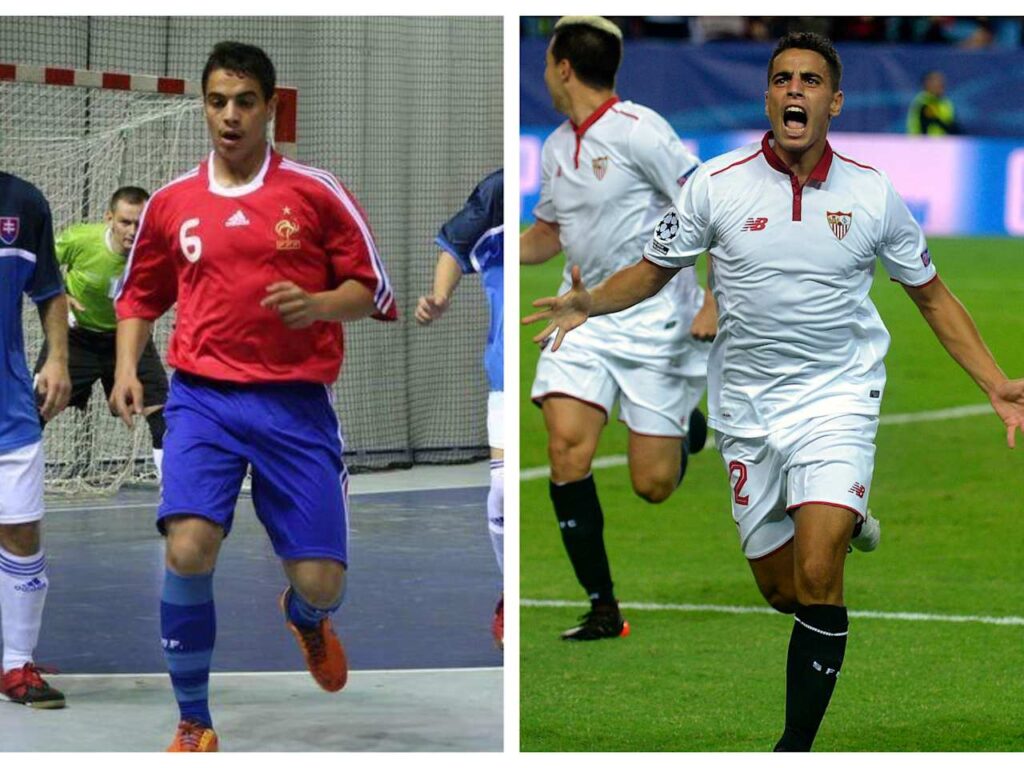
ROBERT JARNI
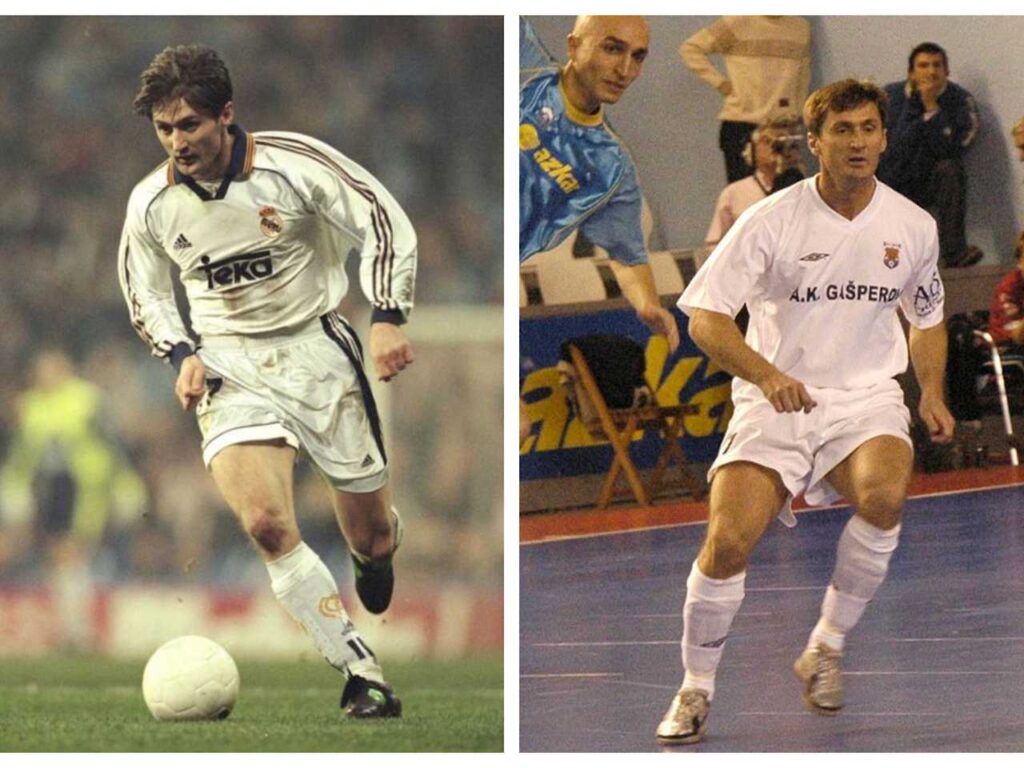
FALCAO
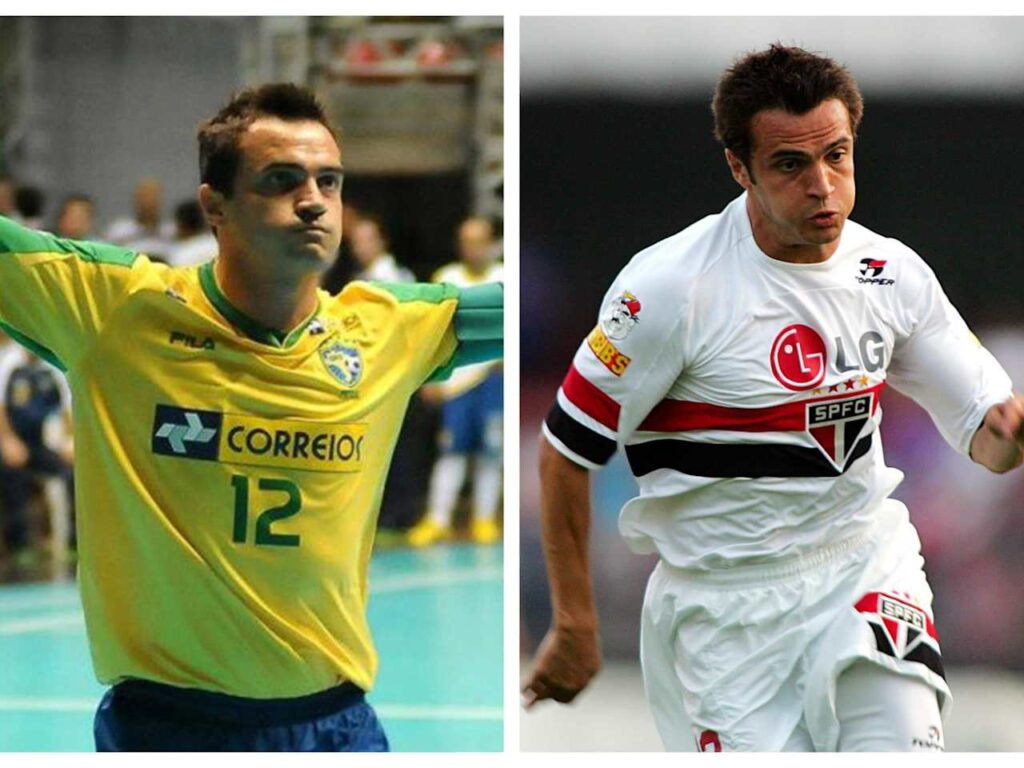
JAVIER SAVIOLA
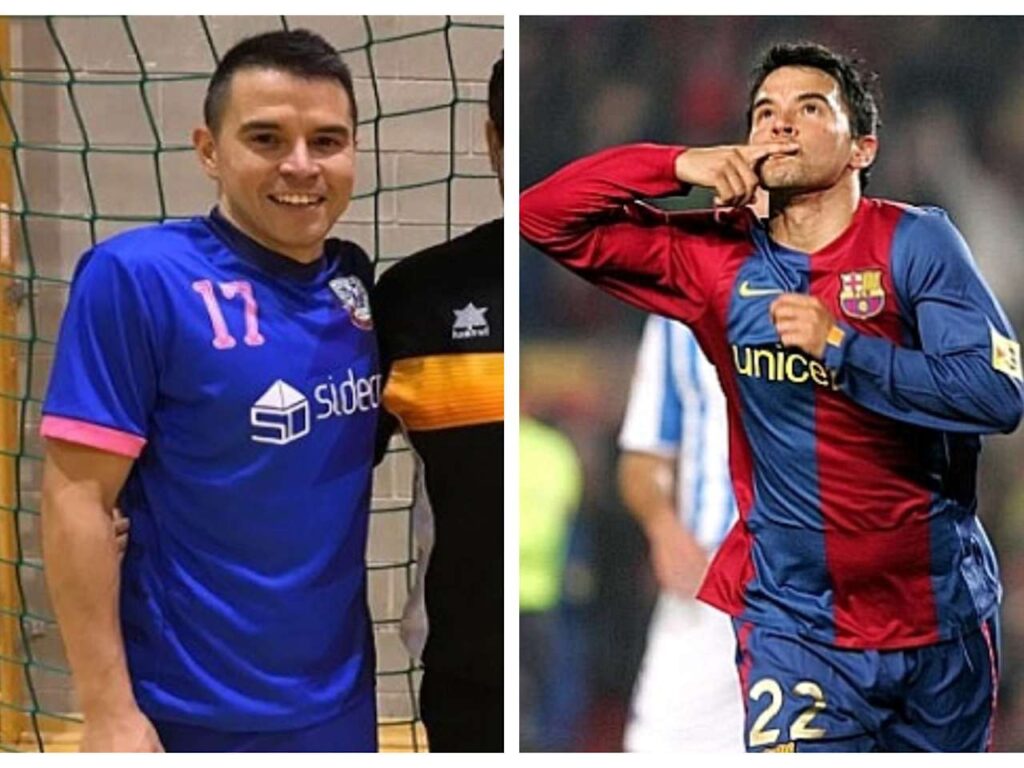
RICHARD RIOS

Ronaldo nazario
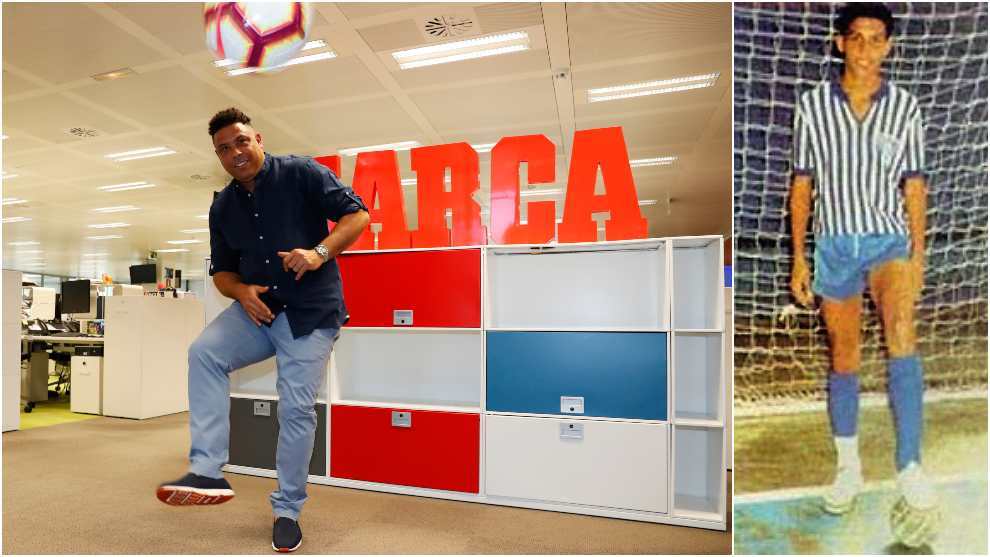
FUTSAL PROGRAM THAT BENEFITS FOOTBALL PLAYERS
FUTSAL CAN BE A KEY TOOL TO IMPROVE PERFORMANCE IN FIELD SOCCER DUE TO ITS SPECIFIC TECHNICAL AND TACTICAL CHARACTERISTICS.
HERE ARE SOME HIGHLIGHTS ON HOW FUTSAL BENEFITS THE DEVELOPMENT OF SOCCER SKILLS









